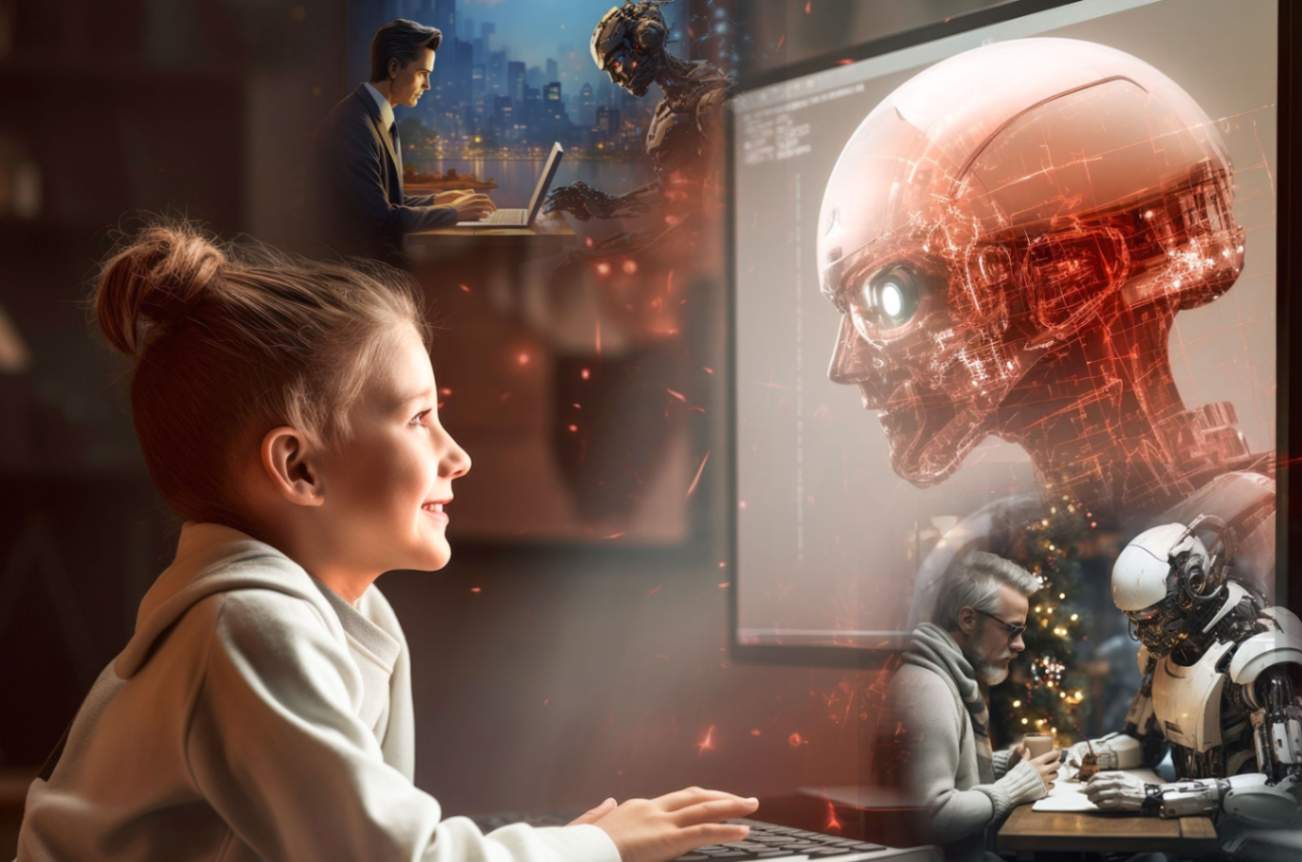Artificial intelligence is no longer a thing of science fiction movies. AI is infiltrating our lives faster than we imagine, from facial recognition to chatbots handling customer service inquiries. This infiltration benefits societies, but some concerns are being raised about its impact on different aspects of our lives, including education and the job market. Here, we take a look at how AI is changing our lives and why rules are required for a safer tomorrow in the era of artificial intelligence.
AI Regulations Top Policy Makers’ Agenda
The internet is rife with news of how good AI has been to us, but, there are potential dark side of these emotionless machines in humans’ lives. Experts talk of the unimaginable damage, as AI lack empathy and a moral compass similar to a psychopath, pressing the need for executive control.
The first draft of the AI act, a ban on police use of live facial recognition technology in public places has passed the European Parliament. As AI is affecting every aspect of human life, it calls for some rules in place on how and where AI can be used. More such acts are expected in future, with more countries drafting such legislation.
The AI Act will apply to companies developing AI systems with the view to placing them in the market and providing service through them for payment or free of charge. The AI Act will also apply to importers or distributors of AI systems in the European Union. As per the European Parliament, the rules of the act will apply as per the level of risk from an AI system. In this, some acts will be clearly unacceptable, such as using AI to manipulate human behaviour or exploit vulnerabilities of individuals like age or disability. Such risks are considered a clear threat to the fundamental rights of humans and are prohibited.
AI systems that are put in the high-risk category will have to comply with strict regulations such as logging of activity, high-quality data sets, risk-mitigation systems, clear user information, and cybersecurity. Places, where such high-risk exists, include systems that determine access to jobs or educational institutions, and medical reports.
AI Regulations Adopted Globally
India is not far away, as the Indian Ministry of Electronics and IT is already in plans to regulate AI platforms such as ChatGPT. The need for regulation has been raised related to bias of algorithms and copyrights. The government has acknowledged the growing influence of AI platforms and it is significant enough to have a rule book of its own. All digital ministers from different countries discussed the seriousness of the situation during the G7 meeting held recently.
The need for AI regulation comes from the maker of ChatGPT OpenAI CEO Sam Altman. The need to have an agency that can keep a check and award licenses to AI companies has been raised by the ChatGPT founder. He accepts that if this technology goes wrong, it can go quite wrong.
The Impact on the Society of Artificial Intelligence
Most of the repetitive tasks from manufacturing to healthcare are taken up by AI. This has improved productivity and efficiency reducing human interference to a large extent. For example, AI-powered robots handle tedious and dangerous tasks in factories better. This has reduced accidents, improved the working conditions and freed up human resources.
When it comes to analysing vast amounts of data and identifying patterns and trends, AI algorithms can do a much better job than humans. This has resulted in better decision-making in areas such as healthcare, finance, and even city planning. In many cases, AI has been found useful in predicting crime patterns and in effectively allocating police resources.
Changing Education Sector in the Age of AI
Powered by AI, the learning experience of students is promised to improve as AI will develop learning material based on the learning styles and abilities of the end user. Gaps in learning can be better identified by AI allowing for targeted interventions to make sure students have maximum absorption. Discuss how to pick the right higher education programme by talking to overseas education consultants in Chandigarh.
Education will have to include new subjects related to AI because many jobs will be destroyed by ChatGPT as forecasted by its creator. Professionals in future, be it any field, will need to have the skills necessary to survive in the AI-powered world. To maintain dominance over machines, future professionals need to have problem-solving, collaboration and creativity skills.
Also Read: AI: Intellectual Upgrade in the World of Education and Immigration
AI Reshaping the Job Market
The future will see an increased partnership between humans and machines. While some jobs will be taken up by machines completely, many will require collaboration between AI and humans. As humans and machines interact more there will be a need to change our perceptions and in place of fighting, we should learn to accept their presence.
Navigating the Future
AI is here and it is omnipresent. We must accept its presence and frame rules to control its usage. Regulations will prevent malpractice and exploitation in this new era created by AI. Along with new rules, we need a new mindset to adjust and adapt AI in our daily lives.


